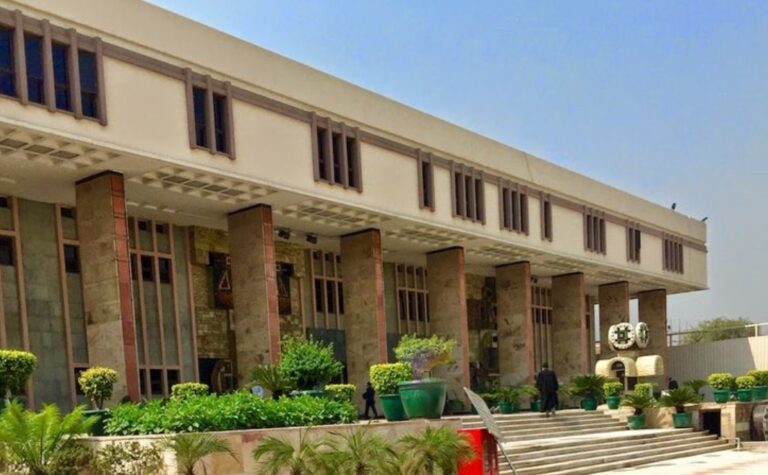Introduction
The Delhi High Court directed the tax department to process refund claims of excess Input Tax Credit (ITC) arising out of the inverted duty structure within a strict timeline of three weeks. The ruling came in response to the petitioner’s grievance that their refund application was being delayed without lawful justification, despite being entitled under Section 54(3) of the CGST Act, 2017.
Facts of the Case
- Parties & Nature of Petition
- Petitioner: Prem Polymers (assessee)
- Respondent: Sales Tax Officer Class II/AVATO
- The petitioner filed a writ petition (W.P.(C) 12255/2025) under Article 226 of the Constitution of India, seeking judicial intervention for the processing of a GST refund due to an inverted tax structure.
- Refund Claim Basis & Amount
- The petitioner applied for a refund of ₹14,10,742—approximately ₹14.10 lakh—claiming it as excess Input Tax Credit (ITC) accumulated because the GST rate on inputs exceeded that on outputs (i.e., inverted duty structure).
- The refund was filed using Form GST RFD-01 for the period starting from April 2024.
- Repeated Follow-ups by Petitioner
- Prem Polymers made multiple follow-up communications requesting resolution of the refund:
- 7 September 2024
- 17 September 2024
- 2 December 2024
- 25 May 2025
- Despite these reminders, no action had been taken by the Department to process the refund.
- Prem Polymers made multiple follow-up communications requesting resolution of the refund:
- Delay Affecting Working Capital
- The ongoing delay in processing the refund caused a blockage of working capital, which prompted the petitioner to approach the Delhi High Court for speedy adjudication.
- Legal Grounds
- The claim was rooted in Section 54 of the CGST Act, 2017, which mandates refund provisions for accumulated ITC under an inverted duty structure.
- The petitioner was thus asserting their statutory right to have the refund processed within the applicable timeline.
- Bench & Counsel
- The matter was heard before Justice Prathiba M. Singh and Justice Shail Jain.
- Counsel for Petitioner: Puneet Rai and Sushil Gaba
- Counsel for Respondent: Sumit K. Batra
Issues Before the Court
- Whether the department is bound to process refund of ITC under inverted duty structure within the statutory time?
- Whether delays in sanctioning refund, despite complete compliance by the assessee, violate statutory rights under GST law?
Court’s Observations
- Right to Refund: Section 54(3) of the CGST Act explicitly grants refund of accumulated ITC where the rate of tax on inputs is higher than the rate on outputs (inverted structure).
- Timelines: Rule 91 & 92 mandate that provisional refund must be granted within 7 days and final refund within 60 days from the date of application.
- Department’s Delay Unjustified: The Court held that administrative delays or internal objections cannot deprive the assessee of their statutory right to refund.
- Liquidity Impact: The Court noted that blockage of ITC refund hampers business operations and goes against the intent of GST being a consumption-based tax.
Decision
- The Delhi High Court directed the department to process and sanction the petitioner’s refund claim within three weeks from the date of order.
- It further observed that failure to adhere to timelines could attract interest liability under Section 56 of the CGST Act.
Key Takeaways
- Refund under inverted duty structure is a statutory right, not a discretion of the department.
- Departments are bound by statutory timelines; failure to comply can result in judicial intervention.
-
The ruling reinforces the principle that working capital of taxpayers should not be blocked unnecessarily.
